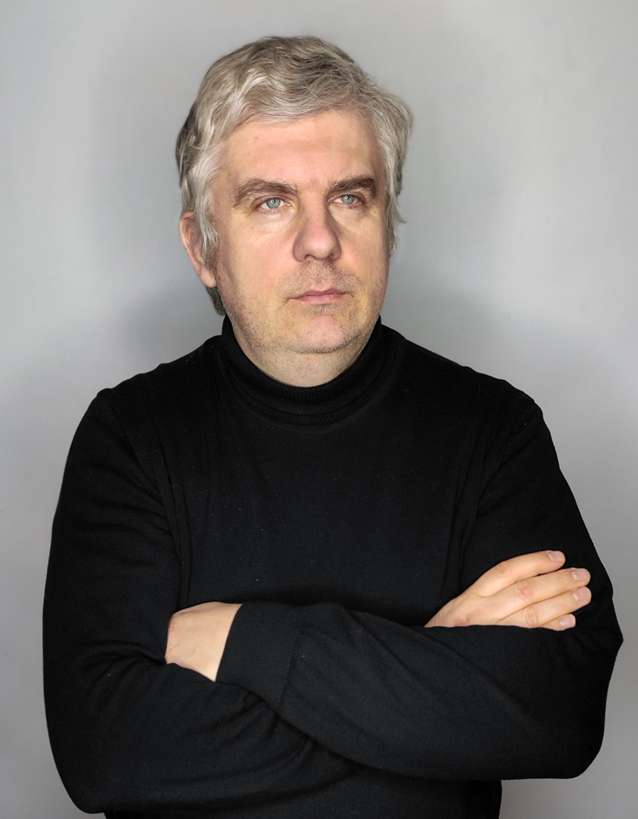The article considers structural-semantic, symbolic and sense-generating functions of kitchen ensembles in the esoteric universe of the imperial residence of the 18th century. The authors proceed from the hypothesis that the phenomenon of manor cuisine should not so much be considered in the aspect of the gastronomic preferences of the owners or as one of the premises of the general palace ensemble, as to actualize its deep symbolic meanings, revealing the esoteric nature of the symbolism of kitchen complexes, since the exceptional decoration of these structures in the space of ensembles of suburban imperial residences and residences of the highest aristocracy is m’essage is for initiates, which makes them an important element of the esoteric universe. It is in the context of religious and Masonic symbolism that the article analyzes the buildings of the kitchens of the St. Petersburg imperial residences (the kitchen premises in the Peterhof Monplaisir and the kitchen building of the Yelaginoostrovsky ensemble) and the Bread House in Tsaritsyn near Moscow. Cuisine in the dialectical universe of Petrovsky Monplaisir is considered in the article in the aspect of the concept of triple system of the universe, characteristic of Masonic teachings, when the idea of the trinity of the universe, consisting of the realms of the spirit (central hall), soul (bedchamber) and body (kitchen) is embodied respectively in the three main rooms of the palace. The article considers the Bread House in Tsaritsyno as a secret temple, analyzes the Masonic symbolism of the Tsaritsyno ensemble, and also comprehends the symbolic and compositional functions of the kitchen wing in the space of the representational-esoteric palimpsest of the Yelaginoostrovsky ensemble. The article concludes about the important symbolic and compositional role of the kitchen in the symbolic universe of a number of imperial residences of the 18th – early 19th centuries: in the context of esoteric symbolism, accessible only to initiates, the kitchen as a functional object is endowed with sacred qualities and becomes a metaphor for the spiritual transformation of a person, his self-improvement and approach to the light of truth.
Key words: manor cuisine, esoteric symbolism, religious culture, Masonic symbolism, esoteric palimpsest, secret temple, spiritual transfiguration, Peterhof Monplaisir, Elaginoostrovsky Palace, Bread House in Tsaritsyno
DOI: 10.22250/20728662_2023_2_134
About the authors








